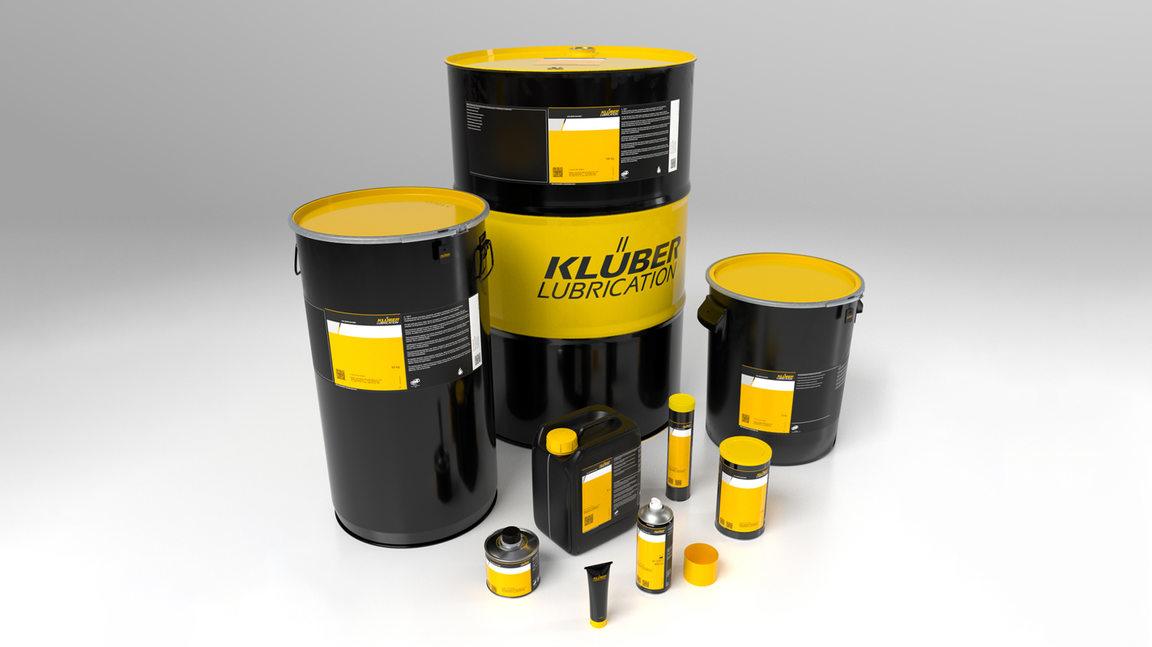Material Hub > Materialien
Materialien
-
Kategorie KunststoffeEinsatztemperatur < 80 °CDichte 0.93 g/cm³
-
Kategorie KunststoffeEinsatztemperatur < 80 °CDichte 0.935 g/cm³
-
Kategorie KunststoffeEinsatztemperatur < 80 °CDichte 0.95 g/cm³
-
Kategorie KunststoffeEinsatztemperatur < 80 °CDichte 0.945 g/cm³
-
Kategorie KunststoffeEinsatztemperatur < 250 °CDichte 1.41 g/cm³
-
Kategorie KunststoffeEinsatztemperatur < 80 °CDichte 0.94 g/cm³
-
Kategorie KunststoffeEinsatztemperatur < 80 °CDichte 0.935 g/cm³
-
Kategorie KunststoffeEinsatztemperatur < 80 °CDichte 0.93 g/cm³
-
Kategorie KunststoffeEinsatztemperatur < 80 °CDichte 0.94 g/cm³
-
Kategorie KunststoffeEinsatztemperatur < 110 °CDichte 0.93 g/cm³
-
Kategorie KunststoffeEinsatztemperatur < 80 °CDichte 0.93 g/cm³
-
Kategorie ThermoplasteEinsatztemperatur -250 – 80 °CDichte 0.94 g/cm³
-
Kategorie Schmierstoffe, SchmierfetteEinsatztemperatur -30 – 100 °CDichte –
-
Kategorie Schmierstoffe, SchmierfetteEinsatztemperatur -40 – 130 °CDichte –
-
Kategorie Schmierstoffe, SchmierfetteEinsatztemperatur -60 – 130 °CDichte –
-
Kategorie Schmierstoffe, SchmierfetteEinsatztemperatur -40 – 150 °CDichte –
-
Kategorie Schmierstoffe, SchmierfetteEinsatztemperatur -50 – 120 °CDichte –
-
Kategorie SchmierstoffeEinsatztemperatur -45 – 180 °CDichte 0.96 g/cm³
-
Kategorie Schmierstoffe, SchmierfetteEinsatztemperatur -35 – 140 °CDichte –
-
Kategorie Schmierstoffe, SchmierfetteEinsatztemperatur -40 – 150 °CDichte –





